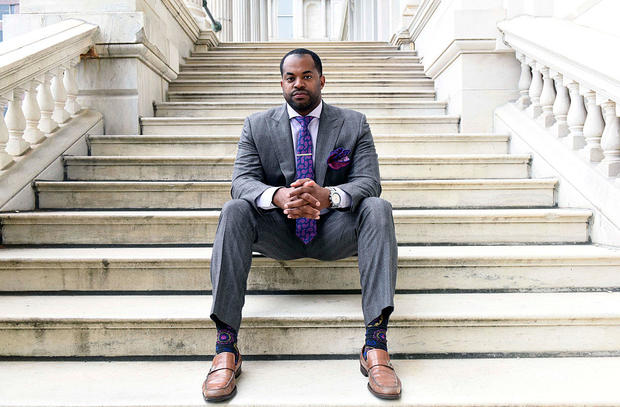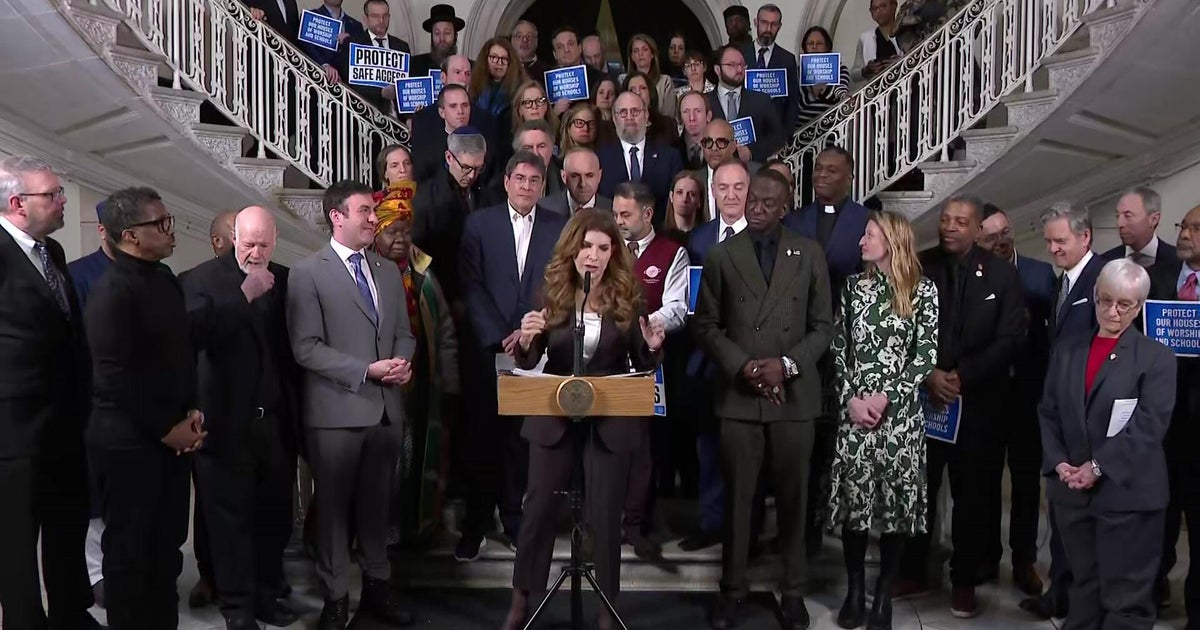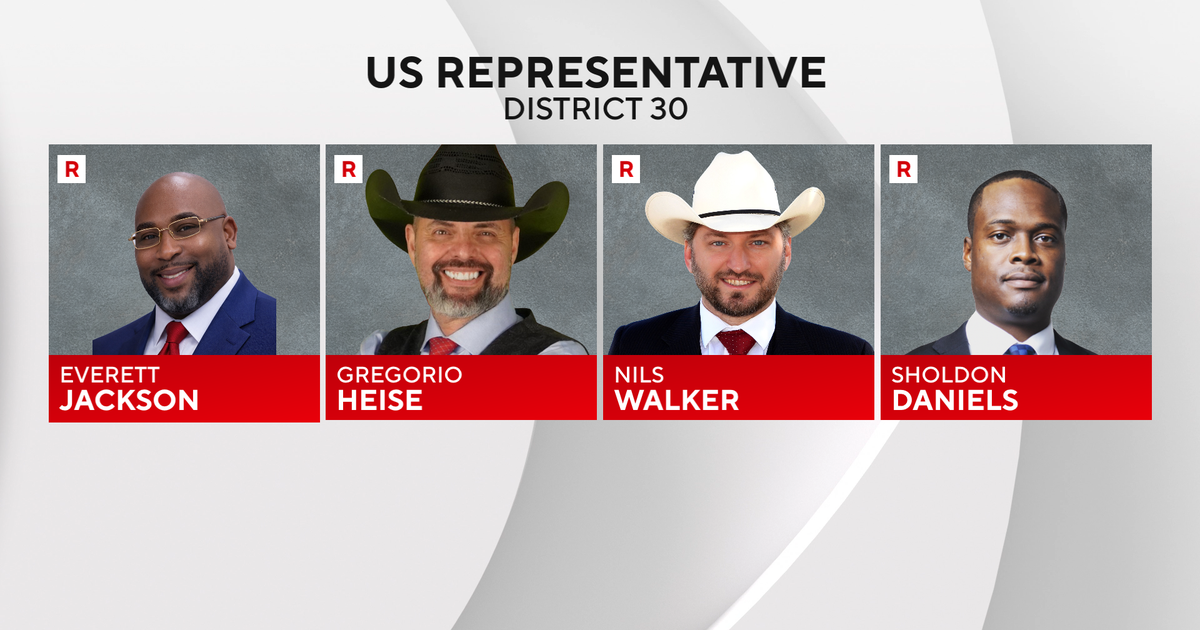Baltimore City Council votes 8–5 on reducing requirements that qualify elected officials for a pension
BALTIMORE -- The Baltimore City Council has voted 8–5 on a bill that would make it easier for council members and other elected officials in the city to qualify for a pension.
The bill—sponsored by Council President Nick Mosby—aims to reduce the number of years required for city councilmembers, the comptroller and the mayor to qualify for a pension from 12 years to eight years.
Nearly two-thirds of the council members voted in favor of the bill on Monday.
The bill still needs the mayor's signature though.
Mosby has referred to the bill as a "companion bill" with the term limits charter amendment, known as Question K, that was passed this month by city voters.
Question K established a two-term limit for elected officials in Baltimore.
He said the council didn't come up with the charter amendment.
"There's actually no need for this bill if it wasn't for the charter amendment," Mosby said.
Councilman Zeke Cohen questioned the bill in a letter to Mosby, which he made public on his Twitter account on Monday.
In the letter, he said he was "deeply concerned that this legislation sends the wrong message to the people of Baltimore and disregards the advice of experts."
"Changing the pension system could have serious financial consequences at a time when many Baltimoreans are struggling to pay bills and put food on the table," Cohen said. "We are likely headed into a recession which will constrain public spending. I believe it sends the wrong message to hardworking unelected government employees, including police officers and firefighters, to alter our pension requirements while ignoring theirs."
Cohen said he feared the bill would be viewed as "self-dealing" and has voted against the measure.
"If you're going into elected office to make money, you're in the wrong line of work," Cohen said. "It simply does not pay enough to be in these jobs to afford a lavish lifestyle."
Some council members support the measures.
Councilwoman Danielle McCray voted in favor of the bill.
"The basis of my support is to protect the retirement benefits of future public servants and ensure they are afforded the same fixtures as their predecessors," McCray told WJZ. "City Council Bill 22-0292 ensures that EORS eligibility provisions coincide with the term limits that will be enacted."
Some Baltimoreans have a different view.
"This greed and corruption will cost Baltimore City millions of dollars every single year," Jovani Patterson said.
An organization that pushed the term limits ballot initiative has pledged to work to put pension eligibility on the ballot next election.
"You should not be voting on a bill that benefits yourself," Marvin Cheatham said.
Mosby says that passing his bill is the only way to preserve the existing pension for elected officials.
"Doing anything else would be abolishing the elected official pension program because right now you have to have 12 years," he said.
Councilman Ryan Dorsey, who voted against the bill, said he is under pressure to do more to stop it.
"People are so mad about the pension bill that I'm getting emails saying it's not enough that I voted and will again vote against it, but that I'll be held responsible if I can't convince a majority of other members to vote against it," Dorsey said.
Hours after the vote took place, Dorsey announced on Twitter that he planned to introduce a bill to repeal those term limits.
"We have the 2024, 2026, 2028, and 2030 elections to engage and garner the approval of voters before we should consider any alternative reaction, like pension change, to Question K," Dorsey said.








